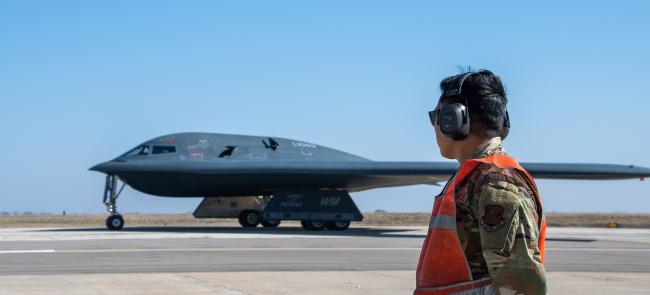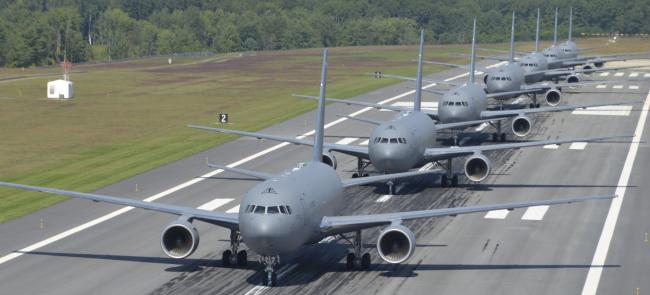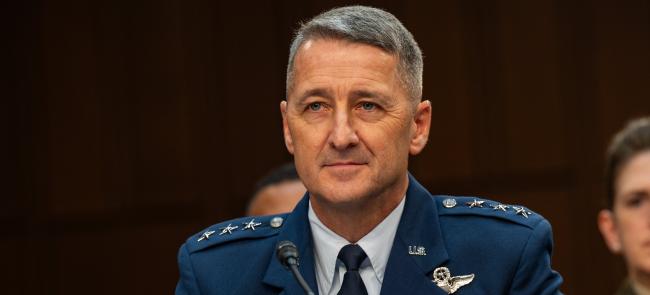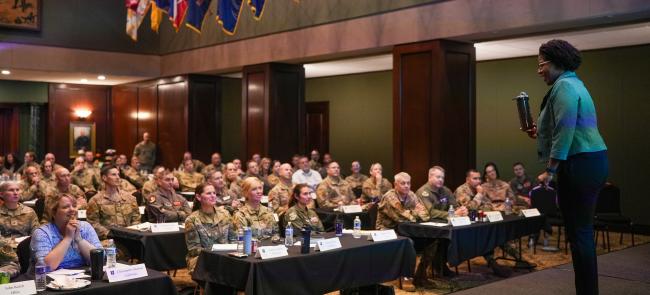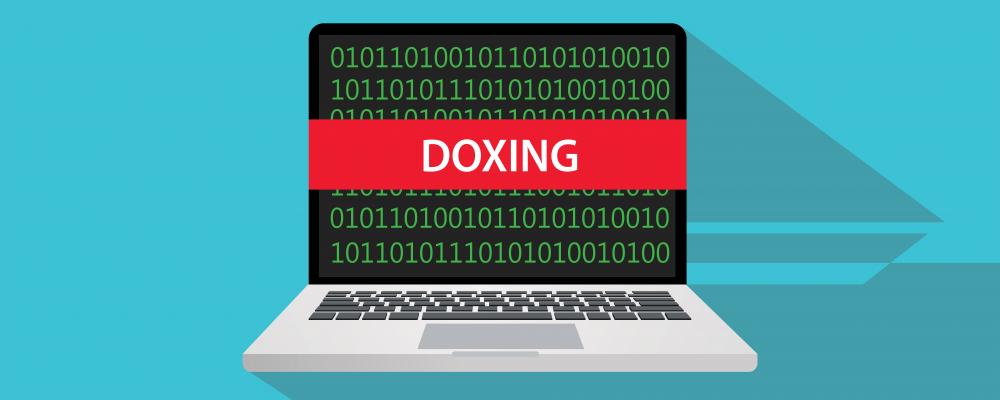
Several National Guardsmen recently have been victims of doxing — the practice of an outside entity putting personal or private information about an individual or organization on public areas of the Internet.
The unrelated, yet similar incidents, should serve as reminders to Guardsmen to be mindful of what they share online, said Jack Harrison, a division chief with the National Guard Bureau's Office of Public Affairs who oversees the NGB's social media and web presence.
"If your post is out there in social media, it's out there forever and whether you take it down or not is inconsequential to the outcome," he said. "Protecting yourself starts from moment one."
Those who carry out doxing often find the information from publicly available sources — social media posts, websites and other online forums. But they also use more advanced techniques such as phishing scams or hacking. Because of that, Harrison said, protecting yourself means not only watching the information shared online, but also taking note of built-in features of mobile devices and computers.
"The effort to protect yourself and your information isn't only about the social media platforms," he said. "It's also about the technology in the laptop they have on their desk or the cell phone they hold in their hands, [and] it's about making sure you use the technology to protect yourself."
Harrison pointed to Bluetooth and other wireless technologies available on most cell phones and computers. When left on in a public setting they may allow others the ability to connect to the device, depending on the enabled security features. That may leave the device open to hacking.
Another concern comes when uploading digital photos from a camera with geotagging features activated.
The location information saved by geotagging is embedded in the image, Harrison said, which may allow others to track an individual's movements and location, even if that location wasn't specified in the social media post or other areas the photos were uploaded to.
"Divulging someone's exact location would not only be a personal security concern, but an operational security issue relative to the units in which that person serves," he said.
Harrison added the security concern of location tracking may enable others to determine an individual's daily routine and timeframes that may allow access to other areas with private information, such as a home or office. Additionally, it may give away details on unit and troop movements.
Maintaining an online presence isn't a bad thing, added Harrison, though Guardsmen should ensure their computer and cell phone are set so others cannot connect to them. And when it comes to social media and other online posts, Harrison cautioned Guardsmen to think twice about the information they're putting out there.
"You need to ask yourself how much of your life you want to be exposed," he said. "And from a military perspective, what would your commander think? One moment of your life can easily go viral and can affect or destroy your career."

